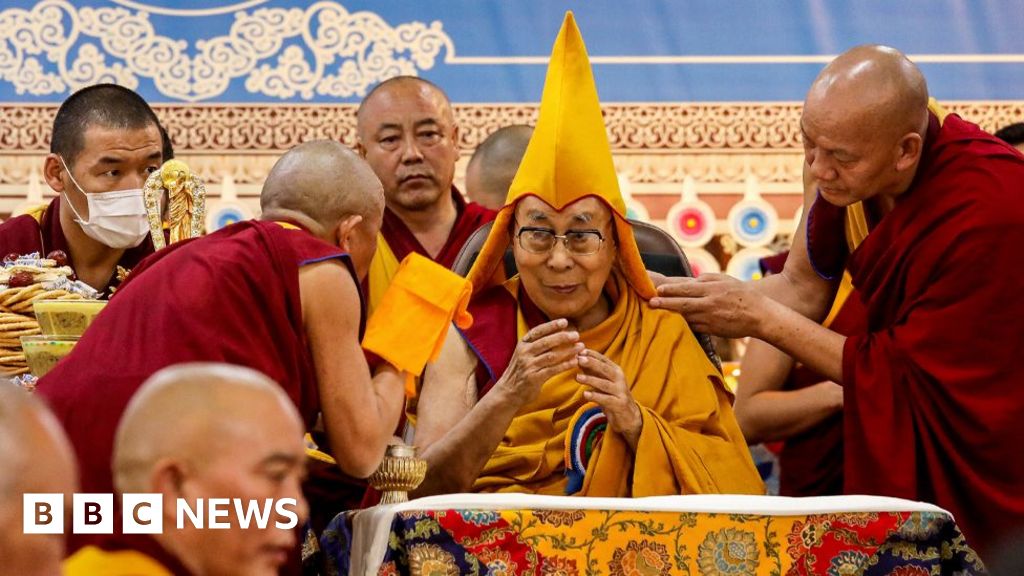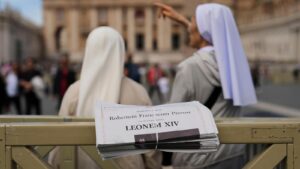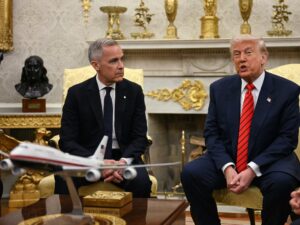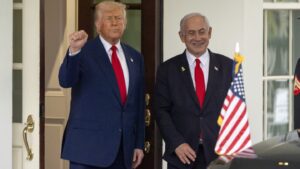
The spiritual leader of Tibetan Buddhism, the Dalai Lama, reaches a significant milestone this week as he turns 90. Hundreds of his followers have gathered in Dharamshala, northern India, amid growing anticipation that he may reveal clues about his eventual successor. The Dalai Lama’s office has confirmed he will release a video message and a statement on Wednesday, though the content remains undisclosed.
The Dalai Lama fled to India in 1959 following a failed uprising against Chinese rule in Tibet. Since then, he has established a government-in-exile in Dharamshala and has been a symbol of resistance for those opposing Beijing’s control over Tibet. His 90th birthday, celebrated according to the Tibetan lunar calendar, has drawn more than 7,000 guests, including Indian ministers and long-time followers like Hollywood actor Richard Gere.
The Significance of Succession
The Dalai Lama has previously indicated that he would provide details about his succession around his 90th birthday. On Monday, he hinted at a “framework” for discussing the continuation of the Dalai Lama institution but did not elaborate further. Historically, the Dalai Lama has been torn between continuing the 600-year-old tradition or allowing it to end. At one point, he suggested his successor might be a girl or that there might be no successor at all.
Recently, however, he has stated that if there is widespread support among Tibetans-in-exile, the institution would continue, and his office would select a successor. He insists that his successor must be born outside China, a stance that has angered Beijing, which views him as a separatist despite his advocacy for a “middle way” approach—genuine self-rule within China.
Political Implications and China’s Response
Youdon Aukatsang, an MP in the Tibetan parliament-in-exile, expressed skepticism about a definitive succession plan being revealed this week. “I think everyone is kind of anticipating some kind of revelation from His Holiness about his reincarnation. But I do not expect a very specific kind of revelation,” she told the BBC. Aukatsang emphasized the Dalai Lama’s role as a unifying force for the Tibetan movement and the importance of recognizing a successor to maintain the community’s momentum.
“The Dalai Lama institution is very important for the Tibetan struggle. It’s also a symbol of Tibetan identity and a beacon of our spiritual refuge,” Aukatsang noted.
Experts predict that if the Dalai Lama announces a successor, China will likely name its own Dalai Lama. Dibyesh Anand, a professor of International Relations at the University of Westminster, explained, “China will argue that only the Communist Party of China based in Beijing has the authority to find the reincarnation of the Dalai Lama.” He added that China might eventually impose its own candidate, though this would likely be rejected by most Tibetans and the international community.
Future of the Tibetan Movement
Aukatsang remains confident that a China-appointed Dalai Lama would lack credibility. “Despite all these years of trying to control the hearts and minds of Tibetan people inside Tibet, Beijing has completely failed,” she said. “A Dalai Lama chosen by China will not be recognized, not only by the Tibetans but the world will not recognize it because China doesn’t have the legitimacy to find the future Dalai Lama.”
The Tibetan community faces a challenging transition period. Aukatsang acknowledges the immense responsibility of filling the Dalai Lama’s role, stating, “We have very, very big shoes to fill but we have to fill them, right? I think many people will have to get into that role, one person will not be enough.”
As the world watches, the Dalai Lama’s 90th birthday celebrations continue, with the Tibetan community and its supporters eagerly awaiting any announcements that may shape the future of their movement.






